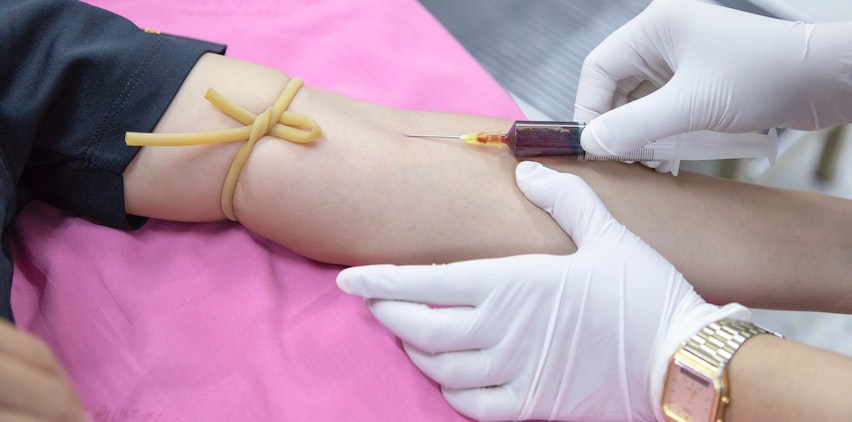

November 20, 2019 | Categories: Health, Health Care
Every day, you make choices that help prevent certain types of cancer: you adhere to a (mostly) nutritious diet, you work out, you try to remember your sunscreen. Those small steps are important, but they should work in conjunction with a few bigger ones: Routine screenings by your doctor that can catch cancer in its earliest stages.
Unfortunately, fewer Americans are undergoing regular cancer checks than they were 10 years ago, according to research published in the journal Frontiers in Cancer Epidemiology. The study, which tracked more than 174,000 adults, found that the population failed to meet government targets for screenings of breast, cervical, and prostate cancers.
What’s to blame for the sad state of cancer screenings? Confusion about when to get screened might very well be one culprit, according to researchers. A drop in insurance rates might also be partly responsible.
“While improvements have been made in the curriculum of American medical schools over the past few decades, cancer prevention is one essential area that is still neglected. The emphasis is on treatment, rather than prevention,” notes Dr. Margaret I. Cuomo, author of A World Without Cancer, in a recent Prevention.com blog post. “The good news is that about 50% of all cancers are preventable by applying what we know right now. Each individual has a responsibility to follow the current recommendations for cancer prevention,” which include lifestyle choices and cancer screenings.
Confused about which cancer screenings you need, and how often you should get them? When this article was published in 2013, the American Cancer Society offered detailed guidelines, but you should consult with your doctor to come up with a personalized screening plan. (Along with cancer screenings, you should also get tests for these health issues.)
Women over the age of 40 should undergo annual mammograms, along with a clinical breast exam (CBE) performed by a health care provider. All adult women, however, should know the look and feel of their breasts, and report any changes to their physician.
Some of us, whether because of family history or genetics, should consider earlier mammograms or screenings with MRIs. The number of women who fall into this category is small, around 2% of adults. (New research is raising questions about the safety of early mammograms.)
If you’re between the ages of 30 and 65, you should undergo a Pap test plus an HPV test every 5 years. Once a woman hits 65, she shouldn’t be tested for cervical cancer unless she has a history of pre-cancer (in which case experts recommend that screenings continue for at least 20 years after the diagnosis in question).
Anyone who has had her uterus or cervix removed (for reasons unrelated to cervical cancer), and who doesn’t have a history of cervical cancer or pre-cancer, shouldn’t be tested either. However, recent research suggests that thousands of women in this category are undergoing needless Pap tests, leading to potential false positives and patient anxiety.
When women undergo menopause, the ACS recommends that they’re informed of the risks and symptoms of endometrial cancer. The most common symptom, vaginal bleeding between normal periods or else after menopause, should be reported to a doctor.
Read the full article on Prevention.
Leave a Reply